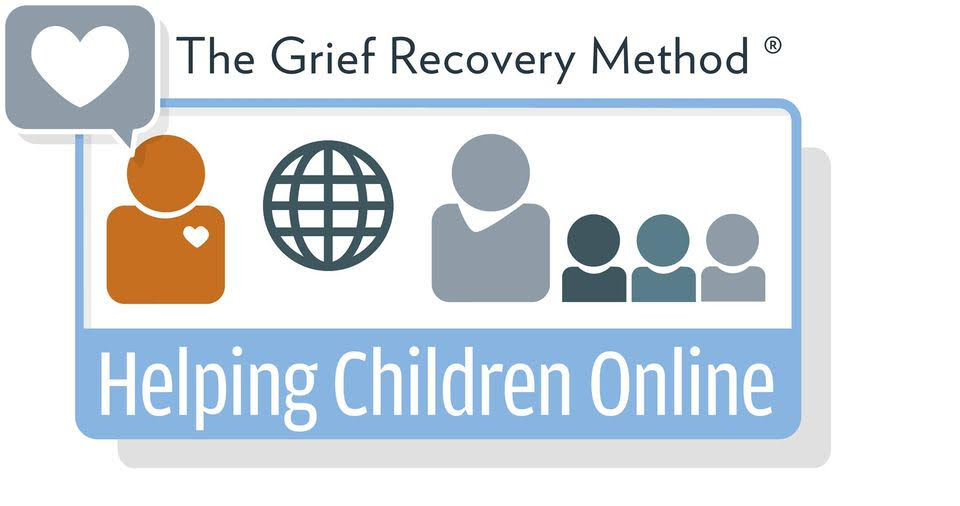Choosing a family lawyer is a significant decision, especially when dealing with sensitive matters such as divorce, child custody, or financial disputes. Legal directories can be invaluable resources for finding top-rated family law practitioners in the UK. Here, we examine ten of the leading directories, weighing their pros and cons to help you make an informed choice:-
Chambers and Partners
Pros: Chambers and Partners is a highly respected directory renowned for its rigorous research process, which includes interviews with clients and legal professionals. Its Family/Matrimonial Law section provides detailed rankings and editorial commentary on the leading firms and practitioners in family law.
Cons: The depth of the information can make it a bit overwhelming for first-time users, and some detailed content requires a subscription.
The Legal 500
Pros: The Legal 500 offers a thorough analysis of family law practitioners, with rankings based on client feedback and extensive lawyer interviews. It covers multiple regions within the UK, providing a comprehensive view of leading lawyers and firms.
Cons: The rankings can sometimes favour larger firms, which may not always reflect the best choice for more personalised or niche legal services.
Law Society Directories – England & Wales, Scotland and Northern Ireland
Pros: The Law Society Directory is a reliable source for finding solicitors who are certified and regulated in the UK. Users can search specifically for family law specialists, ensuring they find someone with relevant expertise.
Cons: While trustworthy, the directory may lack detailed insights into individual lawyers’ reputations and specific strengths, as it focuses primarily on accreditation rather than performance.
Who’s Who Legal
Pros: Who’s Who Legal identifies top practitioners in family law through independent research and peer nominations. The directory provides an international perspective, which can be beneficial for cases involving cross-border issues.
Cons: Its rankings are less UK-specific than some other directories, which may limit its usefulness for clients seeking purely domestic expertise.
Five Fantastic Lawyers
Pros: Five Fantastic Lawyers stands out for its curated approach, showcasing top-performing family law practitioners who have consistently demonstrated excellence in client service and case outcomes. The directory highlights lawyers with a reputation for going above and beyond, offering a personal touch that larger directories may miss.
Cons: The directory is selective in its listings, which can be both an advantage and a limitation; while it features top lawyers, the pool of available options may be smaller than in broader directories.
Best Lawyers
Pros: Best Lawyers uses a peer-review system, with recomendations from other legal professionals informing its rankings. The directory’s Family Law section lists top-rated lawyers who have been recognised for their achievements in dispute resolution and matrimonial matters.
Cons: It may not provide as much detail about individual lawyers’ approaches or specific areas of expertise within family law.
Martindale-Hubbell
Pros: Martindale-Hubbell offers detailed lawyer profiles and peer review ratings, making it useful for assessing the reputation of family law practitioners. The directory also includes client reviews, adding another layer of insight.
Cons: Some reviews may be limited in detail, and the directory’s format can feel less user-friendly compared to modern, more intuitive platforms.
Wise Law
Pros: Wise Law specialises in connecting clients with top-rated lawyers based on a combination of peer recommendations, case outcomes, and client feedback. Its family law section allows users to filter searches based on specific legal needs, such as divorce, child custody, or financial settlements, making it easier to find a suitable match.
Cons: Although it offers personalised matching, the directory has fewer listed practitioners compared to broader platforms, which may limit the range of options, particularly in less populated regions.
Review Solicitors
Pros: Review Solicitors focuses on client feedback, offering detailed reviews and ratings for family law firms and individual practitioners. The platform allows users to search by area and legal issue, and the transparency of client reviews can provide valuable insight into a solicitor’s communication style, client service, and effectiveness.
Cons: Because reviews are client-generated, there may be variability in the level of detail or objectivity, and some listings may have fewer reviews, making it harder to assess the quality of those lawyers.
Resolution
Pros: Resolution is an organisation of family law practitioners committed to a constructive approach to family disputes. Its directory only includes members who adhere to its code of practice, which focuses on non-confrontational methods.
Cons: While excellent for finding solicitors dedicated to amicable solutions, it may not list lawyers known for a more aggressive litigation style if that is what a client seeks.
Doyle’s Guide (UK Edition)
Pros: Doyle’s Guide provides rankings of family law firms and individual practitioners based on industry feedback. It is well-regarded for its in-depth understanding of the legal market.
Cons: Coverage is more limited than some other directories, focusing mainly on top-tier firms, which may not always be the best fit for clients seeking mid-tier or boutique options.
Each of these directories offers a valuable tool for finding skilled family law practitioners, though their unique strengths and limitations should be considered to match your specific needs.








